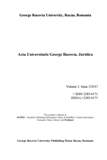
Keywords: Mihai Eminescu; philosophy of law; law; justice; natural state; organic state; demagogical state;
The paper aims to demonstrate, against all prejudices that still persist, that Mihai Eminescu was not only a great poet but also a great thinker, an encyclopaedic spirit anointed with a philosophical chosen vocation. And that philosophical vocation proved fertility not only in the ontology, gnoseology and aesthetics, but also in the philosophy of politics, moral philosophy and philosophy of law. It is true that the brilliant poet-thinker has not developed systematic treaties that have developed a cohesive concept as some claim epigones. But his meditations fragmentary manuscripts remaining in or contained in journalism worth, most of the times, more than all the treaties of trained researchers, but without the ability to scan the deeper reality.
More...Keywords: Mihai Eminescu, education, morality, values, philosophy
Mihai Eminescu, well-known as one of the most important Romanian and European poets of the 19th century, was also deeply implied in analyzing the general status of Romanian society in the European context. He focused on different levels of social, ethic and aesthetic aspects concerning the evolution of our culture in different historical moments. We consider that during his journalistic activity he succeeded in analyzing almost all cultural issues. In this essay, we intend to focus on some of his philosophical and sociological statements concerning the primacy of education in the development of any society, as well the importance of moral values in the evolution of civilization. Many of his articles published in the middle of the 19th century are still not very well known, so that we want to reinforce his premonitory points of view.
More...The "Eminescu" myth and its building.
More...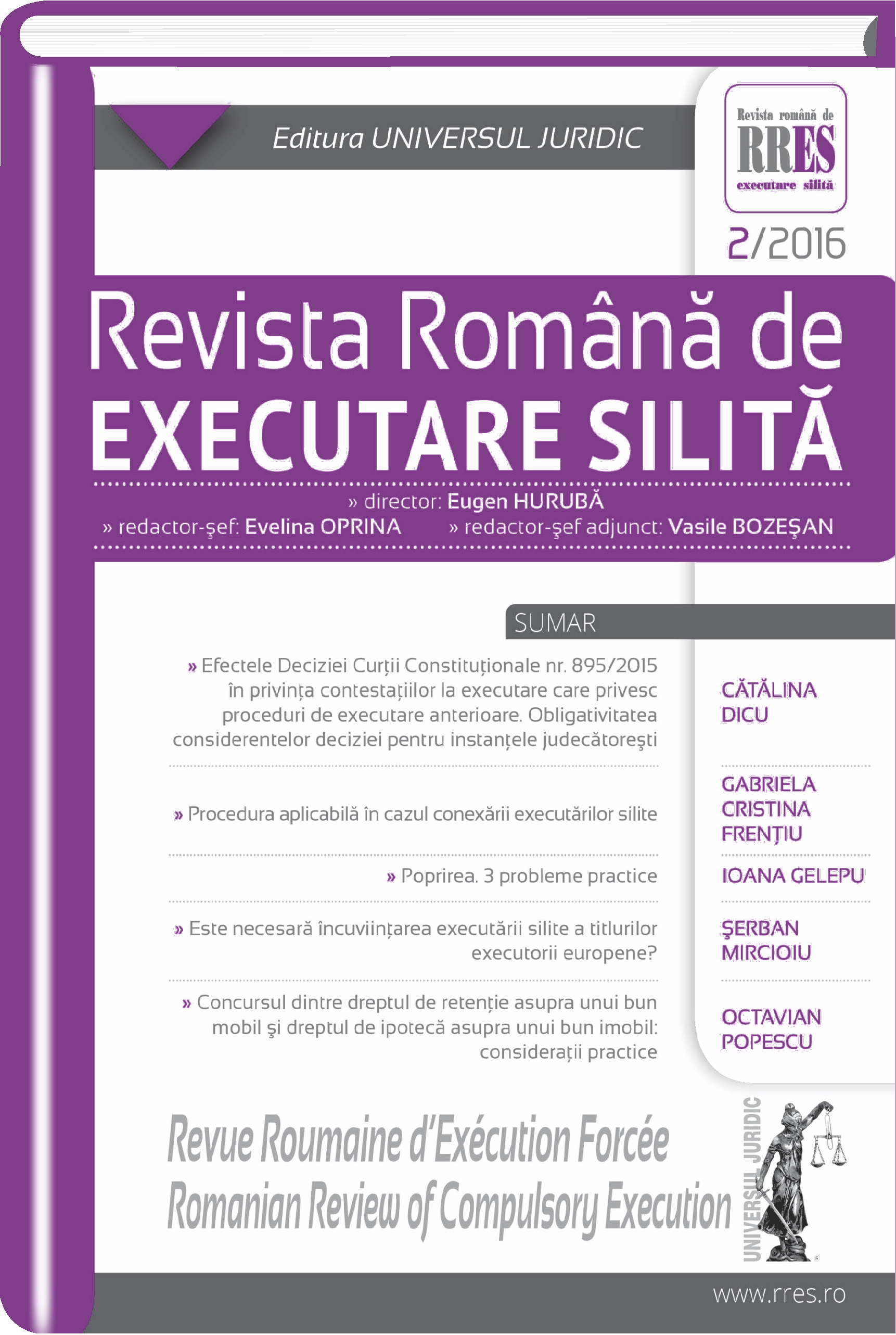
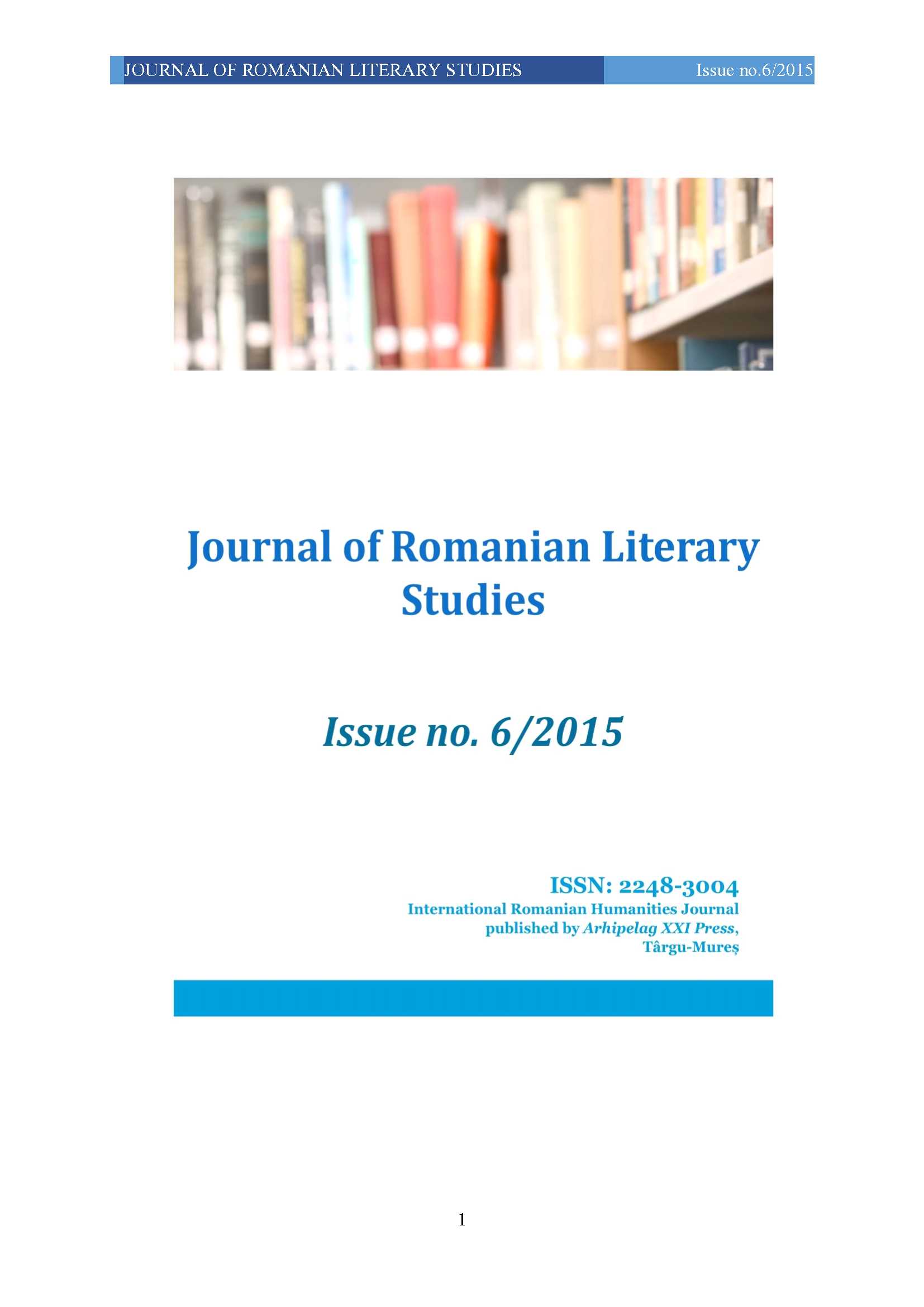
Keywords: journalistic works; Mihai Eminescu; Bessarabia; journalistic discourse
As the predecessor of political journalism in Romania, Eminescu has, for over seven years, an intensely notorious activity as a journalist, signing an impressive number of articles in publications such as „Familia” (The Family), „Federaţiunea” (The Federation), „Curierul de Iaşi” (The Iasi Courier), „Timpul” (The Time), „România liberă” (Free Romania) and „Fântâna Blanduziei” (Blanduzia’s Fountain). The issue of Bessarabia is among the themes Eminescu approached constantly, in close connection with the subject of national unity. Deeply concerned with the destiny of Romanians in the provinces of Bessarabia and Bukovina, Eminescu analyses their situation exhaustively, assuming some very sensitive issues of the 19th century. In June-July 1878, following the Congress of Berlin, Romania is forced, as a price for its independence, to turn over to the Russian empire three counties of Southern Bessarabia: Cahul, Bolgrad and Ismail. These events determine Eminescu’s involvement in an extremely active press campaign aimed at defending the ancestral territory between Prut and Dniester. The journalist responds to the attacks against our country by the Tsarist and pan-slavic press, criticizing the annexationist politics of the neighbouring empire in the study entitled Bessarabia, published in „Timpul” (The Time), in March 1878, and reproduced in „România liberă” (Free Romania) and „Telegraful român” (The Romanian Telegraph) of Sibiu.
More...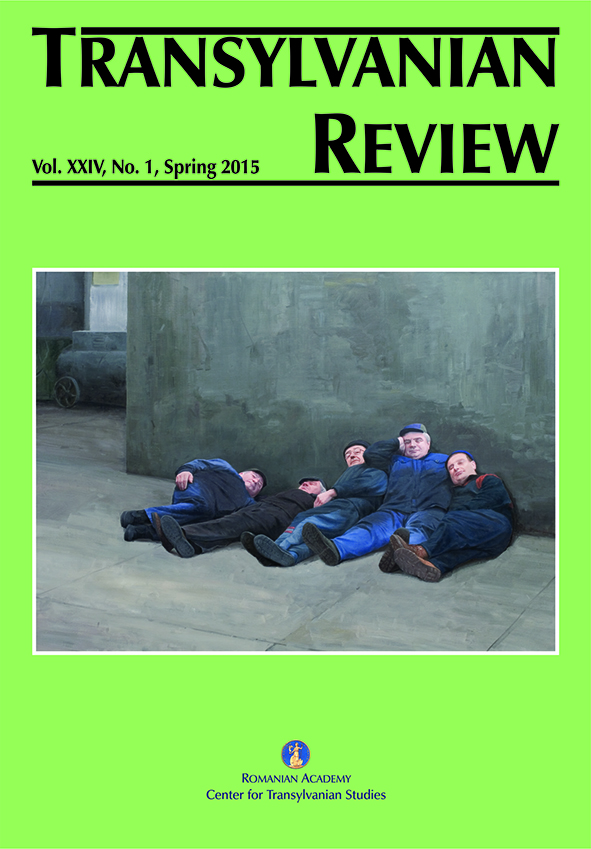
Keywords: Roman Bronze; Mihai Sutzu Collection; Dobrudja
It contains 18 pieces collected in Dobrudja or the surrounding areas by Mihai Soutzo. Apart from the two statuettes of the Mercur and Venus divinities intended for "larariums", the other specimens are locks, appliques and fragments of handles, accessories of certain objects of current use less known so far.The absence of more edifying information about the circumstances in which it was discovered exerts a certain influence on the cronology of bronzes. Taking account of analogies, most can be placed in the intervals of the II-III century
More...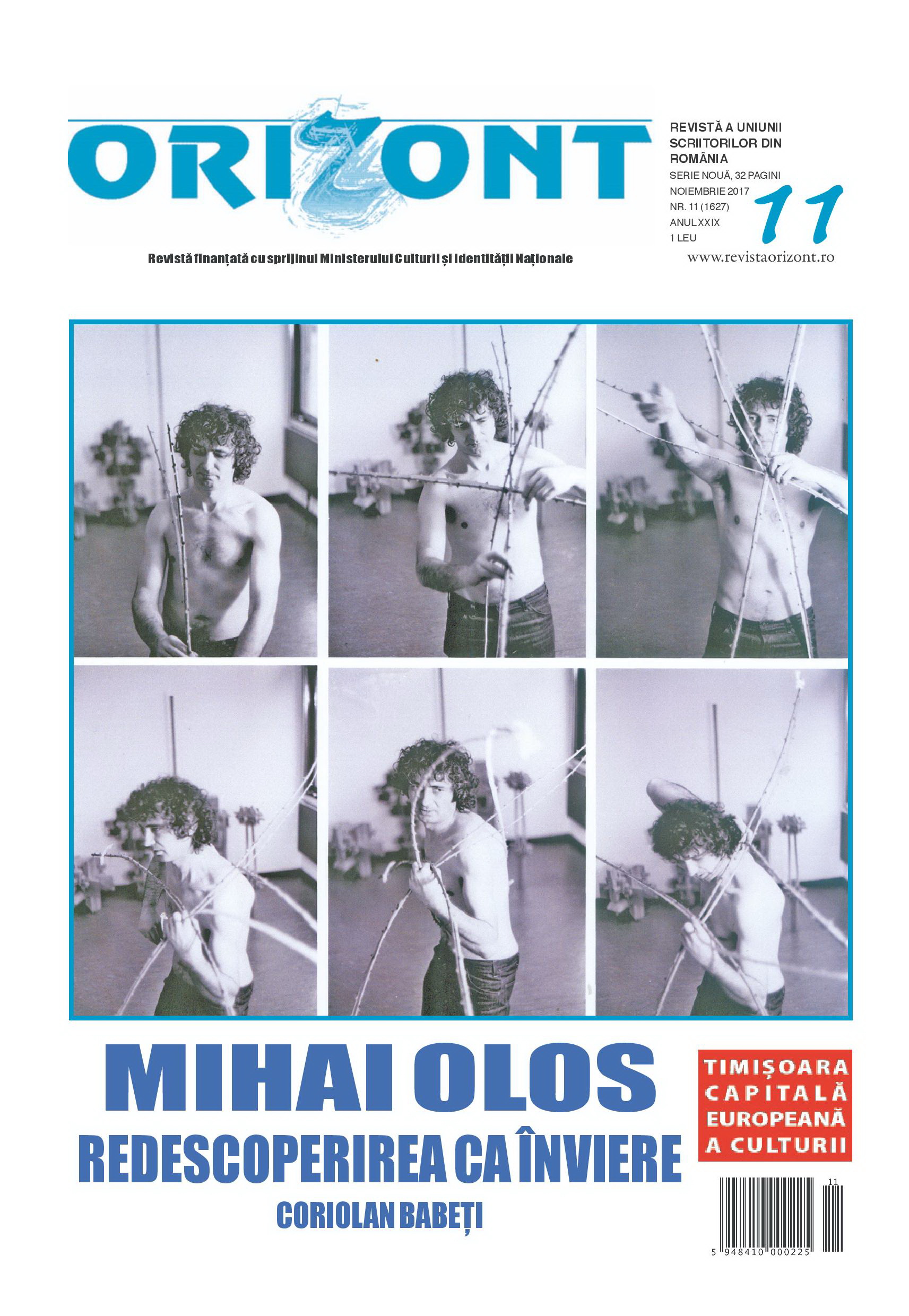
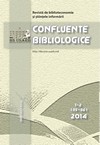
Keywords: Mihai Eminescu; bibliotecar; biblioteca centrală Iaşi; cărţi româneşti
A medallion „Librarians in time and space” was organized for the Day of Librarian in Moldova, and was dedicated to great scholars and librarians: Calimah, Gottfried Wilhelm Leibniz, Brukenthal Johan W. Goethe, Ivan A. Krylov, Richard Barry, Odobescu Mihai Eminescu, Alexandru Samurcaş, Ion Nistor, Radu Rosetti, Elena Farago, Nikolai Rubakin, Dimitrie Gusti, Perpessicius Shiyi Ramamrita Ranganathan, Tudor Vianu. Librarians talk about the value of books, their ghathering, introduction of accession and inventory of books, creating catalogues and bibliographies, the first public activities and achievements that supported the development of Library Science during centuries. The medallion were coordinated by Elena Harconiţa and Valentina Topalo
More...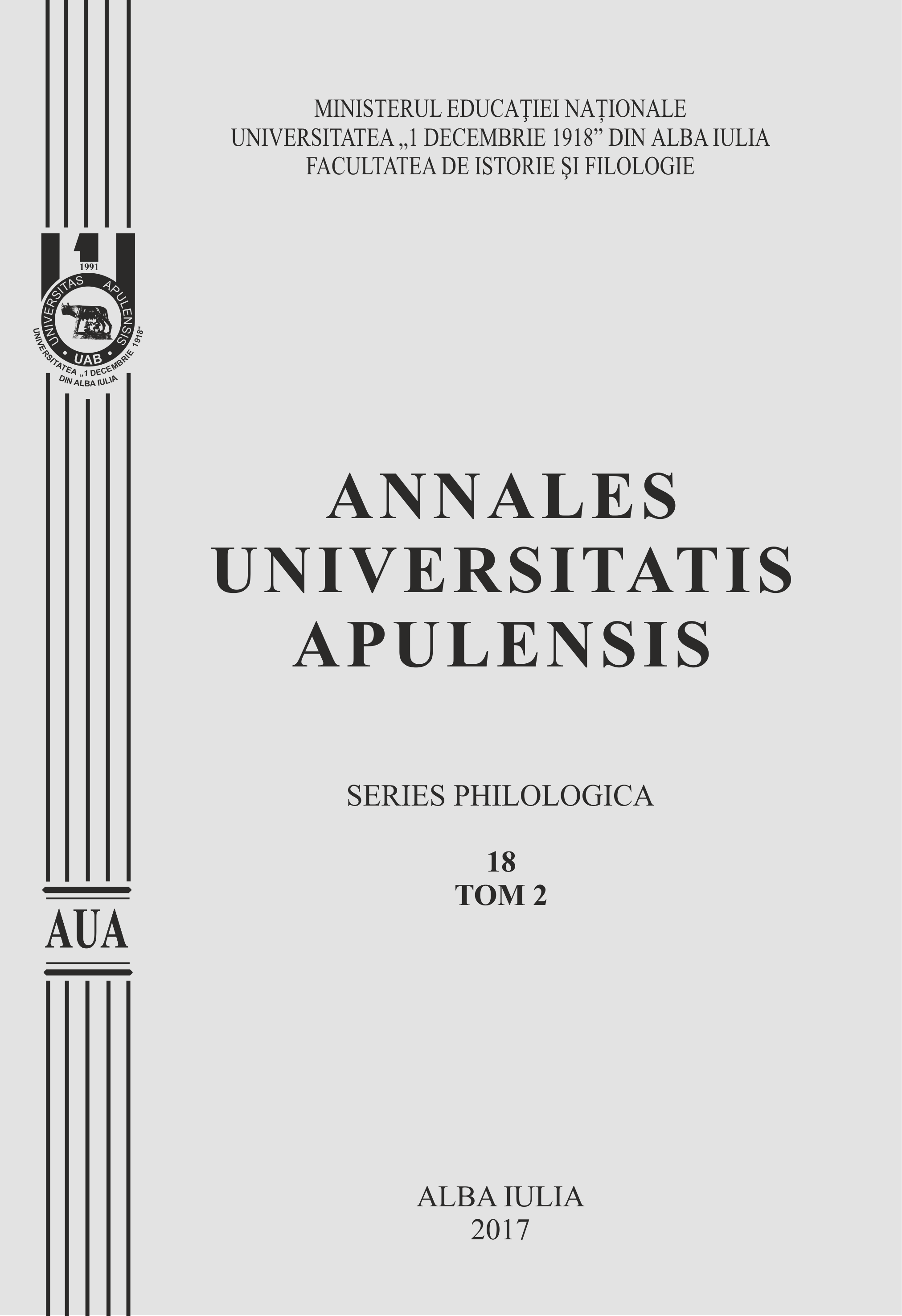
Keywords: Mihai Eminescu’s fiction; Baroque; life as a dream; shadow; mask/dual personality
About the Romanian Baroque has been written quite a bit, but about Eminescu’s baroque not too much, the romanian poet being emphasized only by a few specific features of this current.One could not say that the Romanian spirit is, by its nature, baroque. He rather tends to classical silence and simplicity.Coming out of the folklore, Eminescu also comes into the historical context where „the Romanian creative expression often tends to barochize, even in non-Baroque moments”,as Edgar Papu says in „Baroque as way of living” (Barocul ca tip de existență).
More...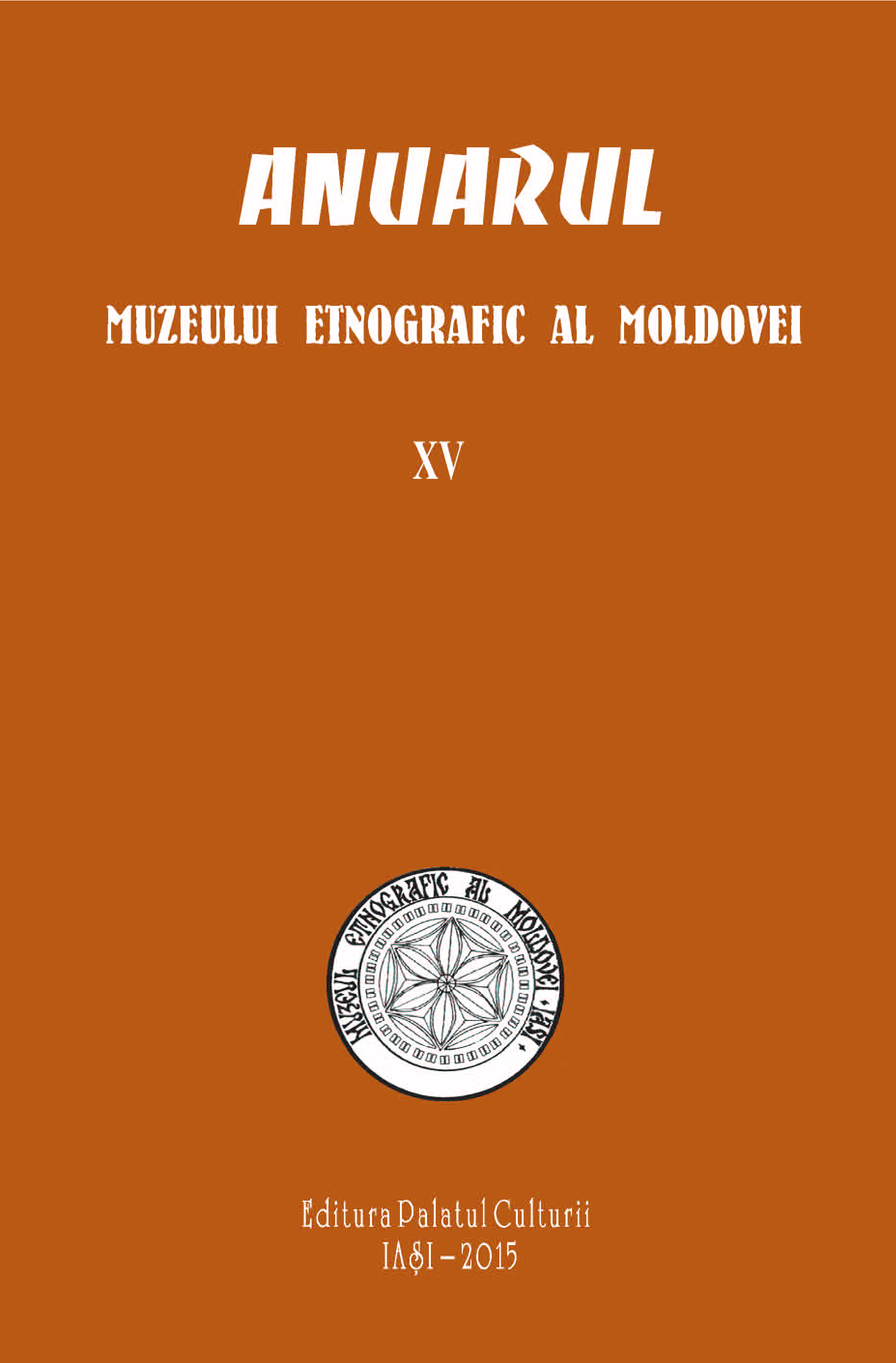
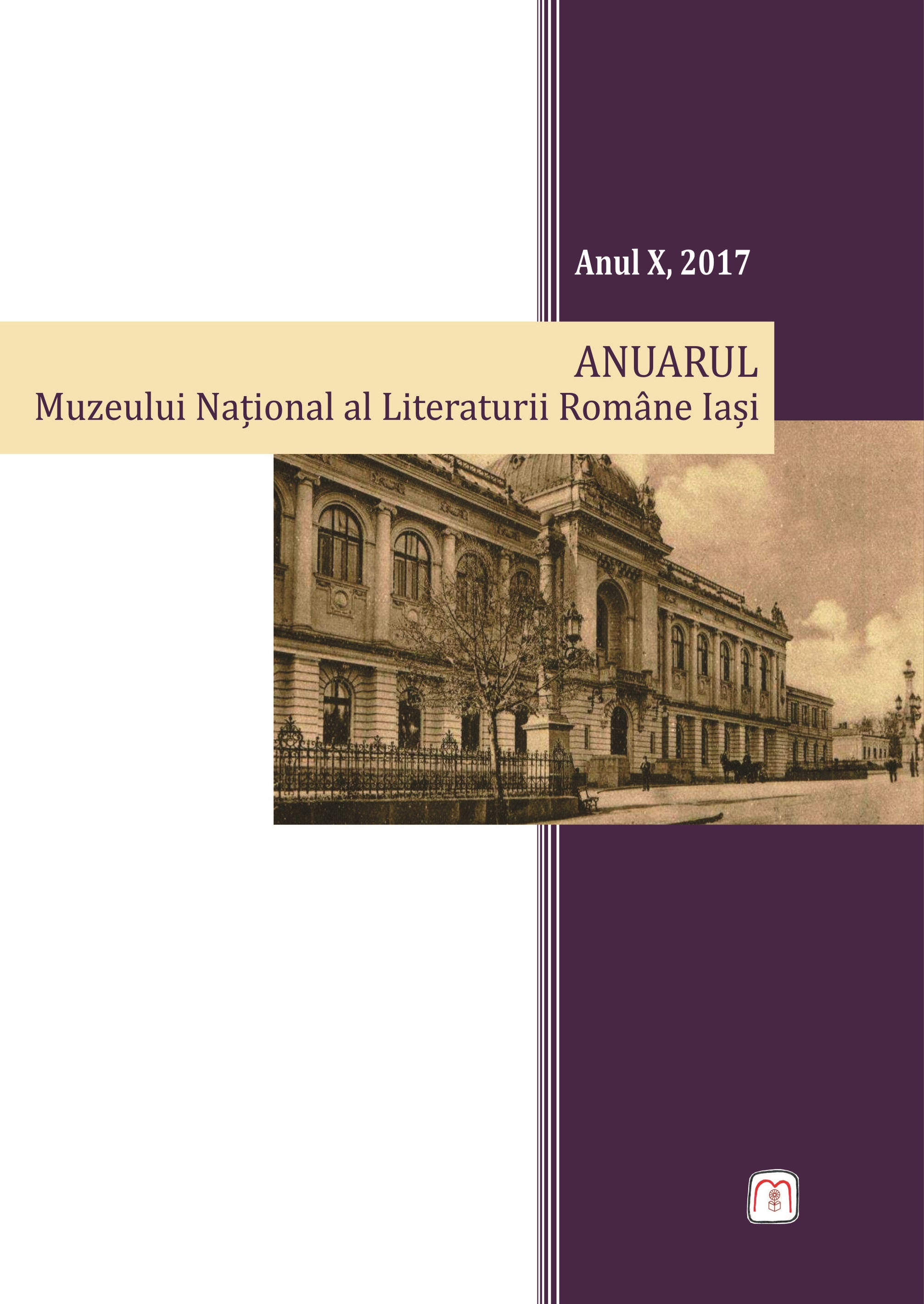
Keywords: Duca family; genealogy; family; descendants; Pogor family
The present study refers to the Duca bloodline, whose predecessor, according to the family tradition, was Iordache Duca, born in 1785. The genealogies of not noble people often reveal fascinating information. For instance, teacher Mihai Duca, Iordache’s son, was one of Ion Creangă’s friends. Aglaia, one of his nieces, was married to Constantin Pogor, an important figure of the time. His descendants claim that he was a relative of Vasile Pogor, important politician and one of the founders of Junimea literary society. The information deserves all the attention, but regrettably, so far, the author did not found any document that can confirm the relationship of kinship between the two. However, the research deserves to be continued, of course within the limits of documenting possibilities.
More...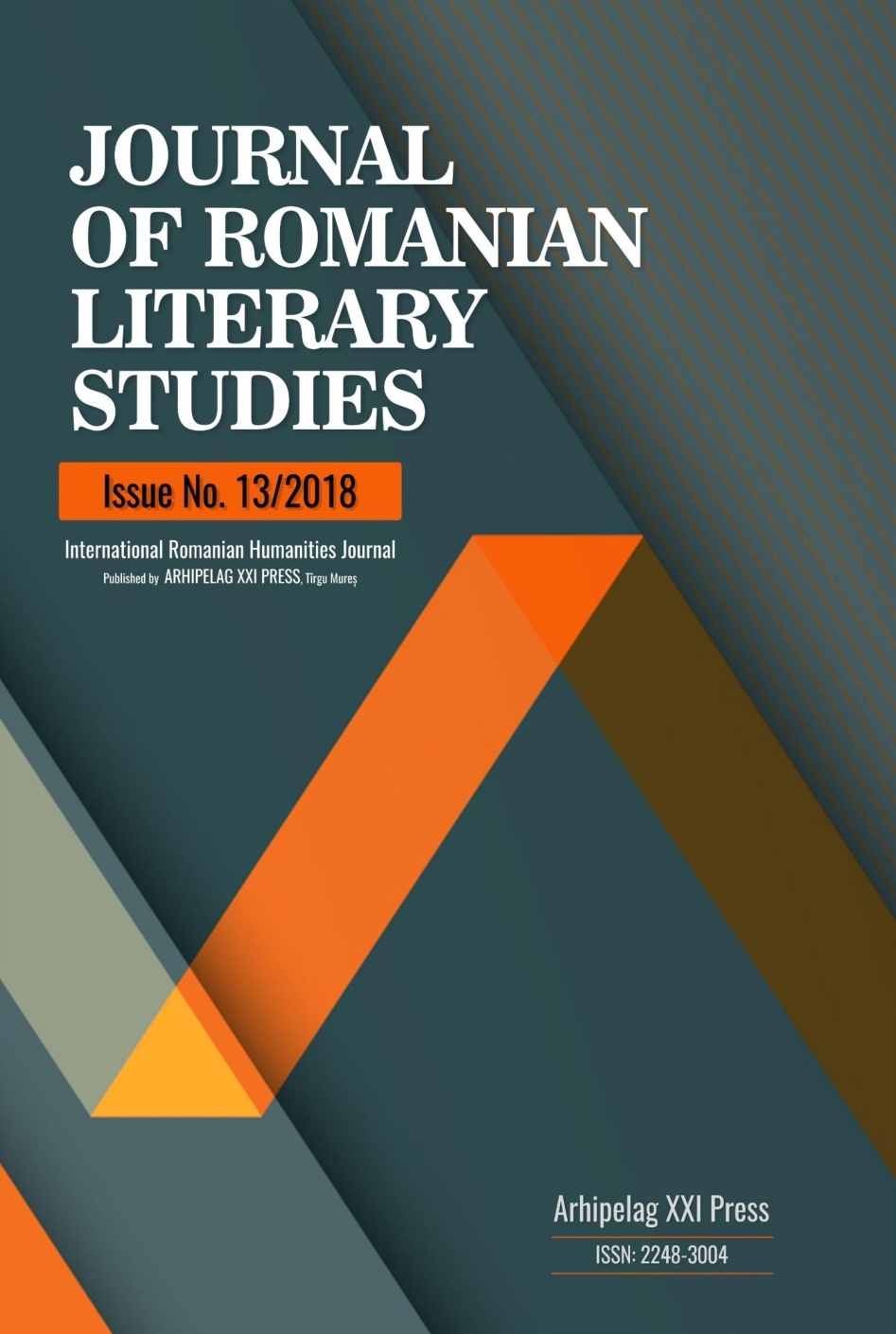
Keywords: fantastic; mimesis; harmony; emphasis; separation;
The main idea is focused on the emphasis and argumentation of the transformation path followed by the realization of the state of harmony as approached by the symbols transmitted by Mihai Eminescu in the fantastic novel "Avatars of Pharaoh Tla" and the semiotic elements deciphered by Umberto Eco, correlated with the approach of an itinerary that the couple the human being goes through the following stages; the harmony of beginnings, separation, and retrieval. The fantastic has always marked the imagination of man, influenced the ways of life and the whole civilization having consequences that transcend the elements of space or time, also having reverberations into the concrete existence of the human being. As a result of this we have as proof the appearance of aesthetics, norms and elements the elements specific to art in its various forms of manifestation; painting, music, architecture or literature. The fantastic novel "The Pharaoh's Avatars" Mihai Eminescu is analyzed in relation with the semiotic perception presented by Umberto Eco presents in his writings.
More...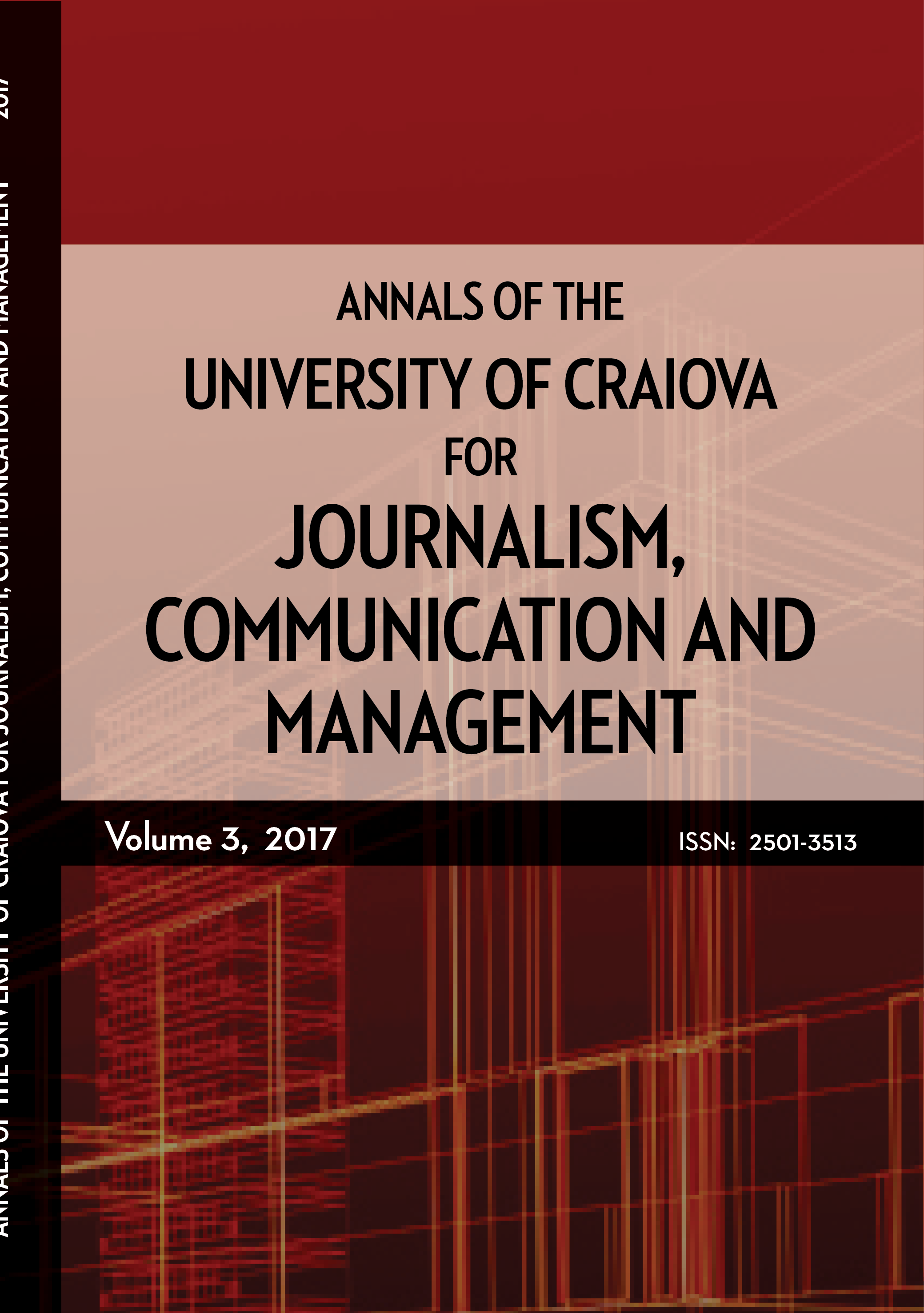
Keywords: journalism; conception on culture; national specificity; Eminescu;
This paper explores Mihai Eminescu’s journalist work aiming to describe his conception on culture and on its importance in society. The methodology comprises the comparative method and procedures of the content analysis method. Firstly, we make a classification of the articles published by the journalist Eminescu. Then we draft their taxonomy, on three categories: a) articles with a general character; b) articles in concentric circles, with a gradual assignation of literature, language and press inside culture, some kind of “pars pro toto”; c) “impure” articles, dealig with politics, national specificity and history. From all articles, we extract and reveal Eminescu’s balanced conception on the act of culture, realizing perennial ideas of the classicism.Giving them rightfully journalist effigy total, the shock of the nineteenth century Romanian journalist Mihai Eminescu, a culture devoted an amount of articles that are grouped into: a) general articles; b) articles in concentric circles, with staggered assignation of literature, language, folklore, media in the area of culture, a kind of "pars pro toto"; c) articles "impure" escalating political, national character and history. Method consists of verticalization of dozens of journalistic materials, significant clippings. We exegesis distanced somewhat impassive in cultural journalism Eminescu, although there explicit titles of some of the studies "about civilization", "culture", "culture and nationality". In essence, it reveals a healthy conception of culture act, drawing ideas perennial classicism.
More...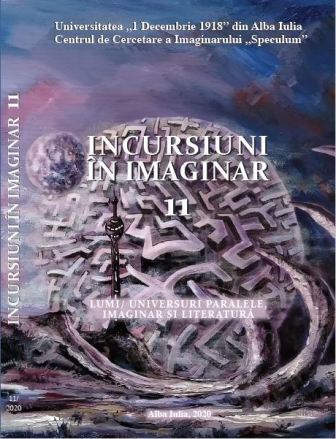
Keywords: myth; dream; Eminescu; hell; Prince Charming; spiritual transmutation;
The dream and the existence as a dream, the alternative worlds from astral or insular ideal spaces reached by Eminescu’s heroes as the goal of a spiritual journey are expressions of the author’s propensity towards totality. These fictional worlds are populated by characters-ideas and characters-philosophical concepts in order to outline an ontology and a metaphysics of the ideal human being, detached from the Evil of material existence, spiritually and intellectually propelled to the Idea. In this study we will follow the construction of such worlds and their inhabitants by appealing to the fairy tale ”Făt-Frumos din lacrimă”. Conceived from the tear of the Mother of God, Făt-Frumos is the superlative human expression of divine beauty, a corollary of all moral qualities: courage, generosity, sensitivity, purity. The supernatural conception recommends him as “son of God”, suggestion reinforced by the pseudonym from the first part of the fairy tale, “the shepherd-emperor”, enchanting everyone with his whistle. Belonging to a mythical world in which divine miracles are still possible, because the Lord and St. Peter walk the earth barefoot, the hero naturally travels through several worlds and meets fairytale characters, some taken from the folk imaginary, others original meant to embody personal ideas. He follows a path of exemplary transformation: he converts his father's enemy into a brother of the cross; he defeats the male and female enemies of his double and, implicitly, of his own (Genarul, the mother of the forest, the witch); he finds his own partner, the beautiful Ileana, and that of his double, Genaru's daughter. This fairy tale “overturns in fabulous and fantastic” (Nicolescu, 1984: 37) the images and the aesthetic and philosophical expressions of some personal truths of the author, corroborated with the archetypal projections of the collective fairytale imaginary. The result is a fantastic metaphorical narrative about a founding act, therefore mythical, which leads to a different way of “being” (in Eliade’s vision), a transcendence of form on order to reach the essence. More precisely, it is about a spiritual transmutation through a mythical descent ad inferos of the soul (psyché), in an Island of the Blessed Ones, where he (re) twins with the master of Hell (restoring the mythical twin pair Frate/Nefrate), he defeats his enemies and saves him from loneliness by bringing him a Persephone of his own. The hero belongs to the “bride of the world” in a mioritic hierogamy that forever harmonizes the polarized opposites in the previous existence.
More...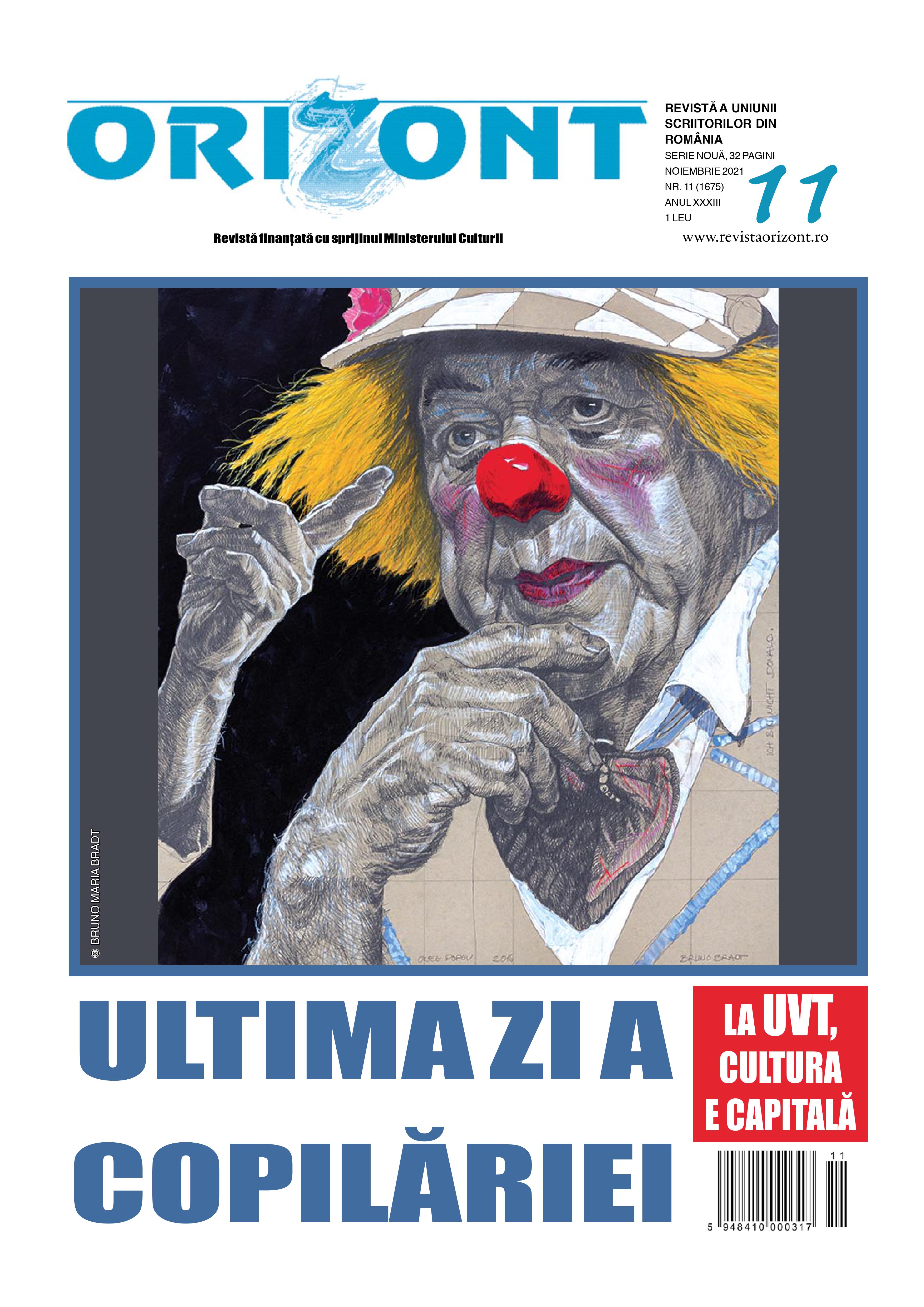
Keywords: Ion Mureșan; Mihai Șora;
More...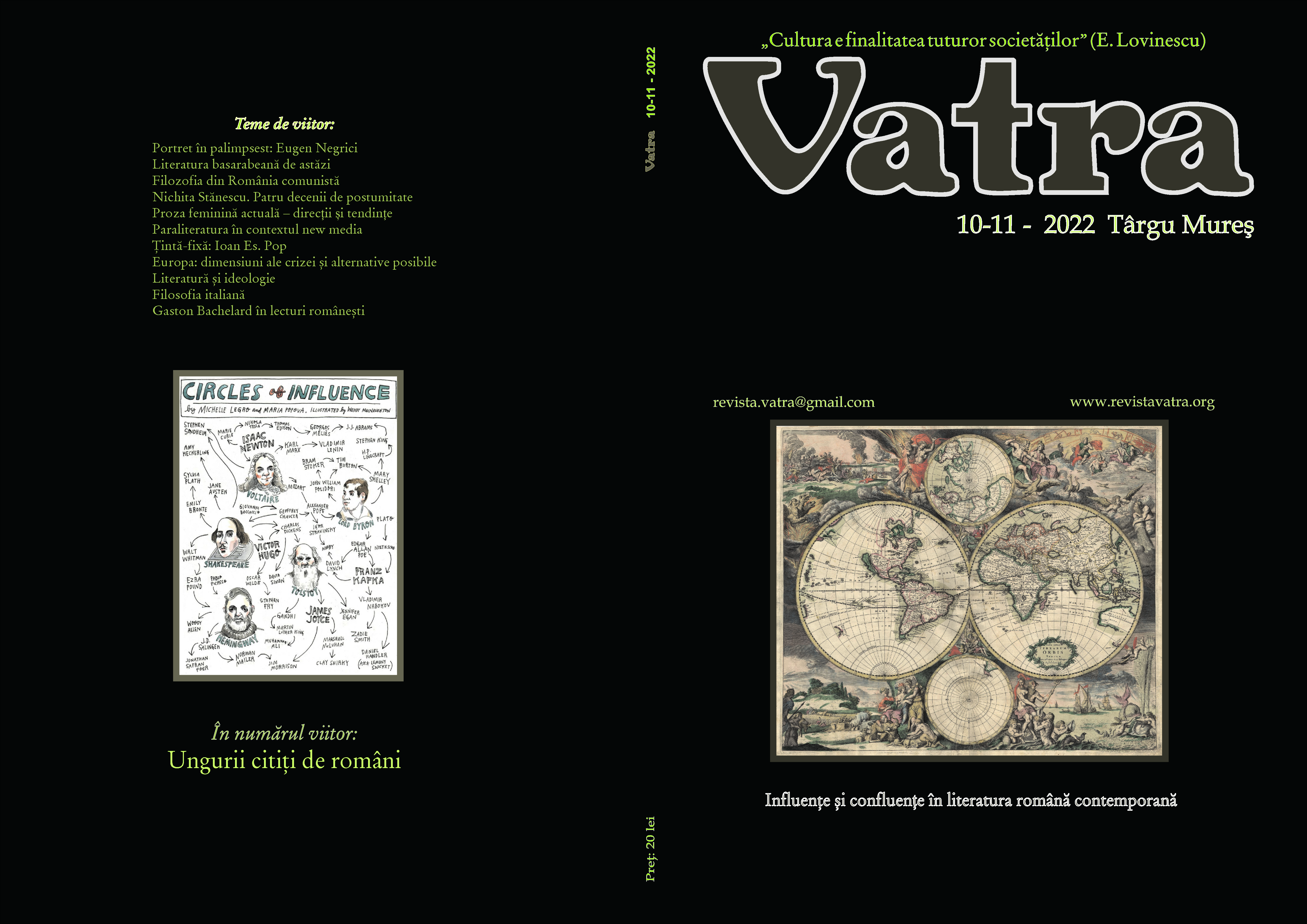
Keywords: Francisc-Mihai Lörinczi; review; poetry;
Review of: Francisc-Mihai Lörinczi, Amiezi cu mocăniță și cu libelule, Editura CronoLogia, 2022/
More...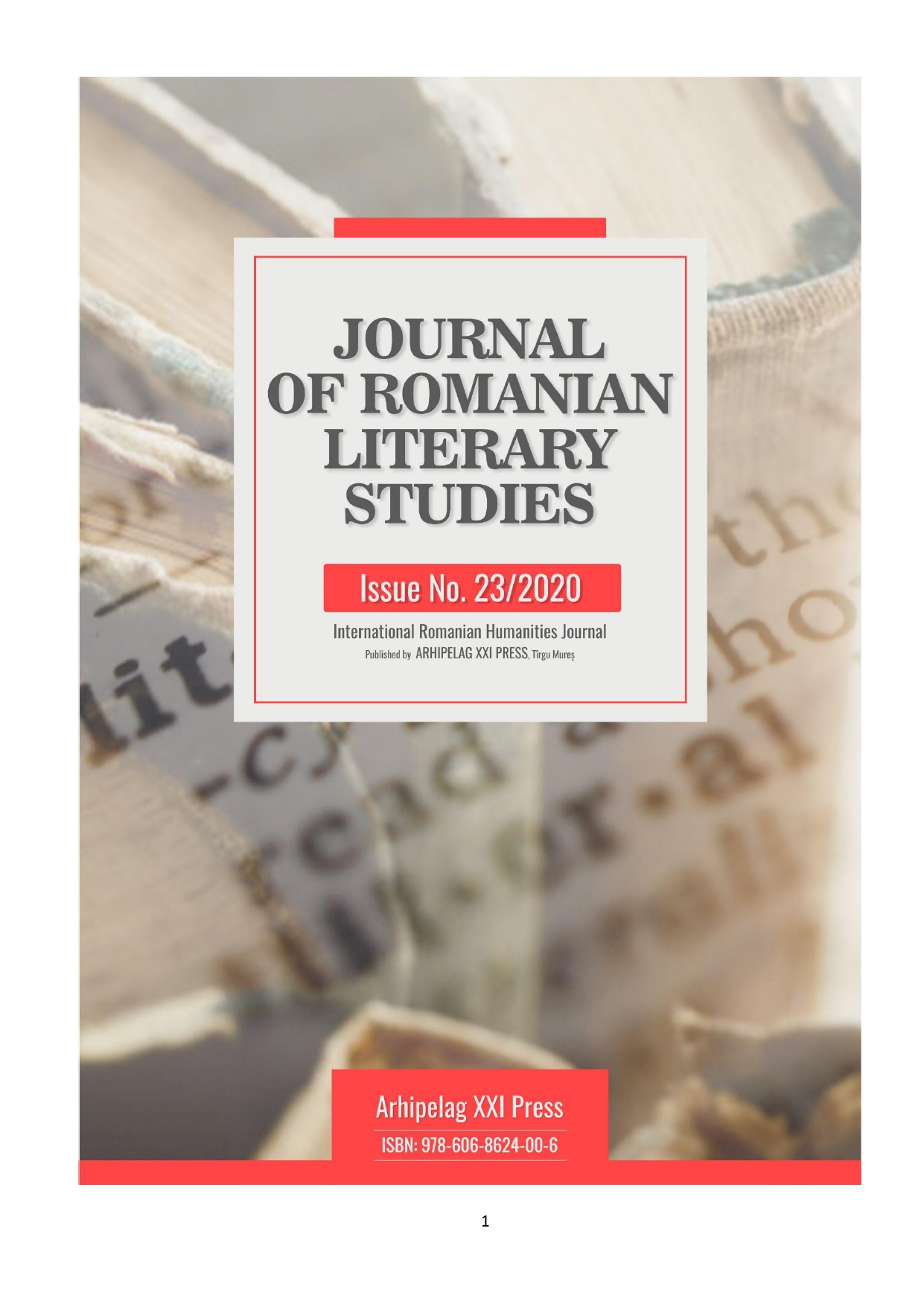
Keywords: prose writer; short prose; realism of details; involuntary memory; authorial narrator;
Mihai Sin is one of the prose writers who can be included in the prose of daily life, his books always produced moderate reactions, but without making too much noise. His books always produced moderate reactions. His destiny as a writer is far from having received the true "frame", even if he writes at a time favourable to Romanian literature, when many young talents are discovered, being encouraged by social and political conditions since 1989. He does not want to write about a certain social category, he does not fix a certain one category of heroes, but wants to achieve a moral universe, which is true Mihai Sin writes without complex. He tries to never summarize destinies, but only states and situations, because of this Mihai Sin's short prose fits into a realism of details, through the detailed description of social issues, thus building frescoes of a drifting society. Mihai Sin is an authentic prose writer, a moralist with moderation and justice. His destiny as a writer is far from receiving the true "frame",even if he wrote at a turning point in Romanian literature. Cultivation of short prose a was a concern of the writer, who understood that short prose means the need for topicality, of direct and immediate approach to the realities we live. At the same time, this literary genre represents an intermediate stage towards the novel.
More...